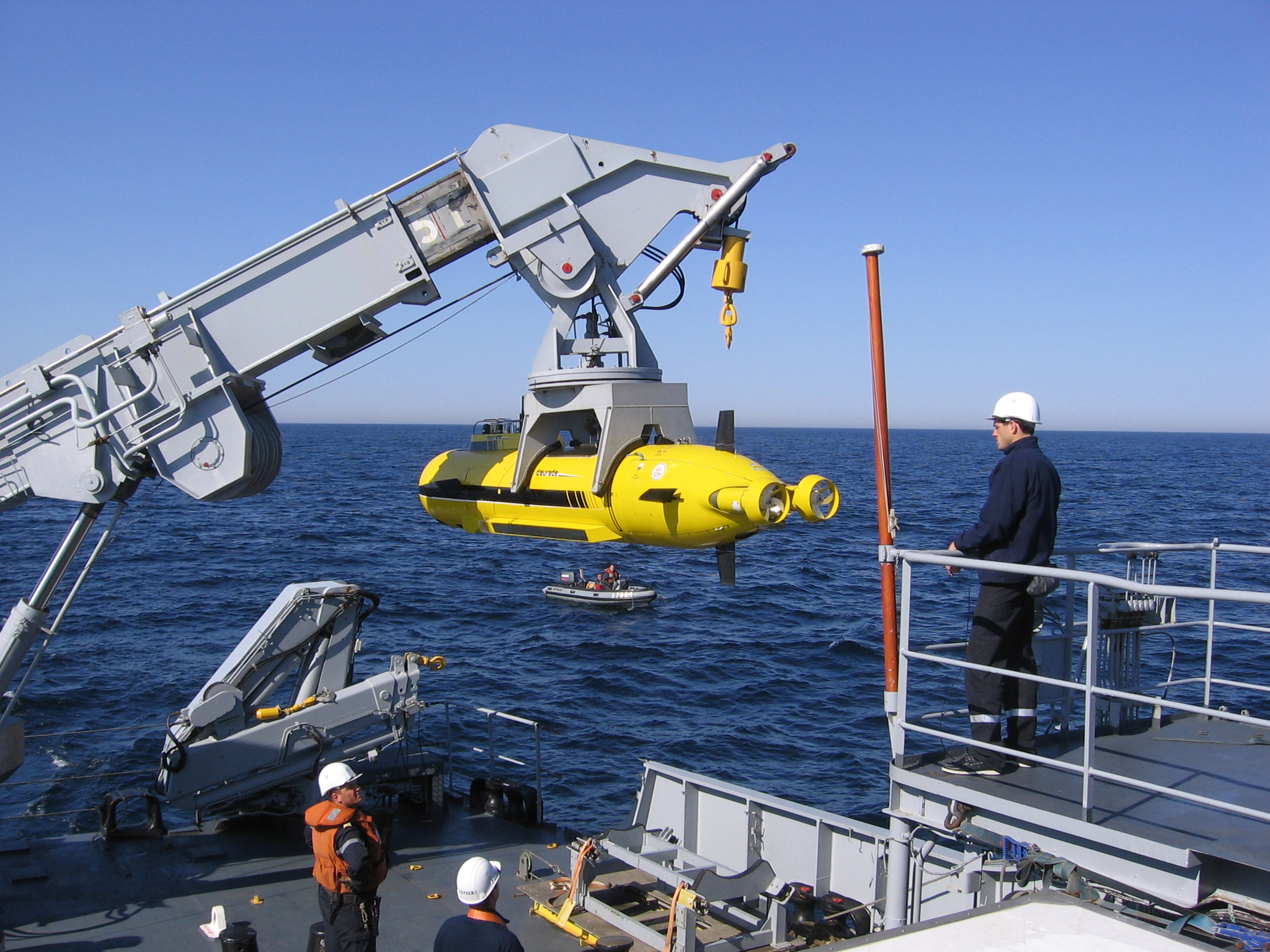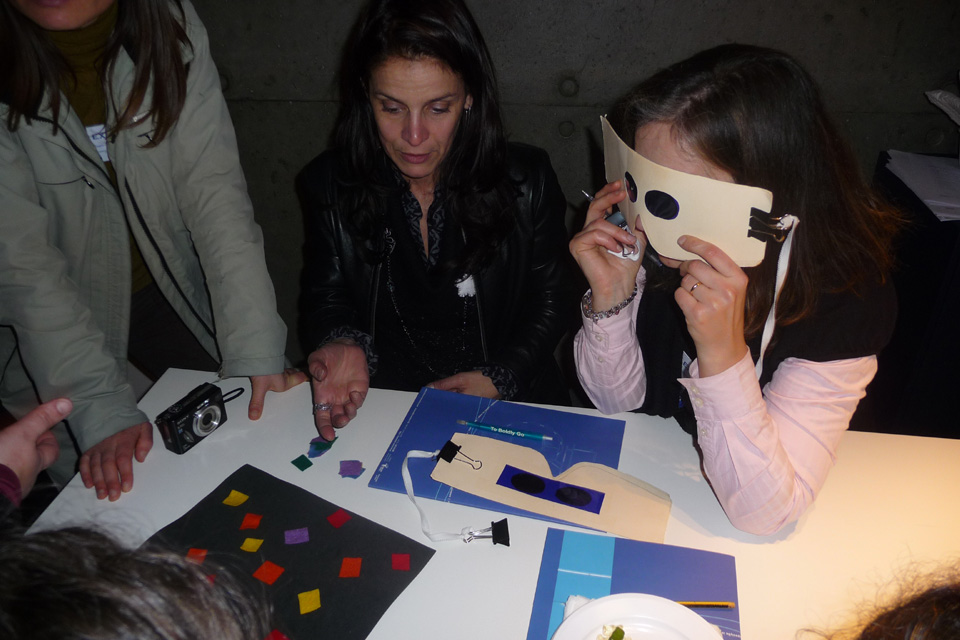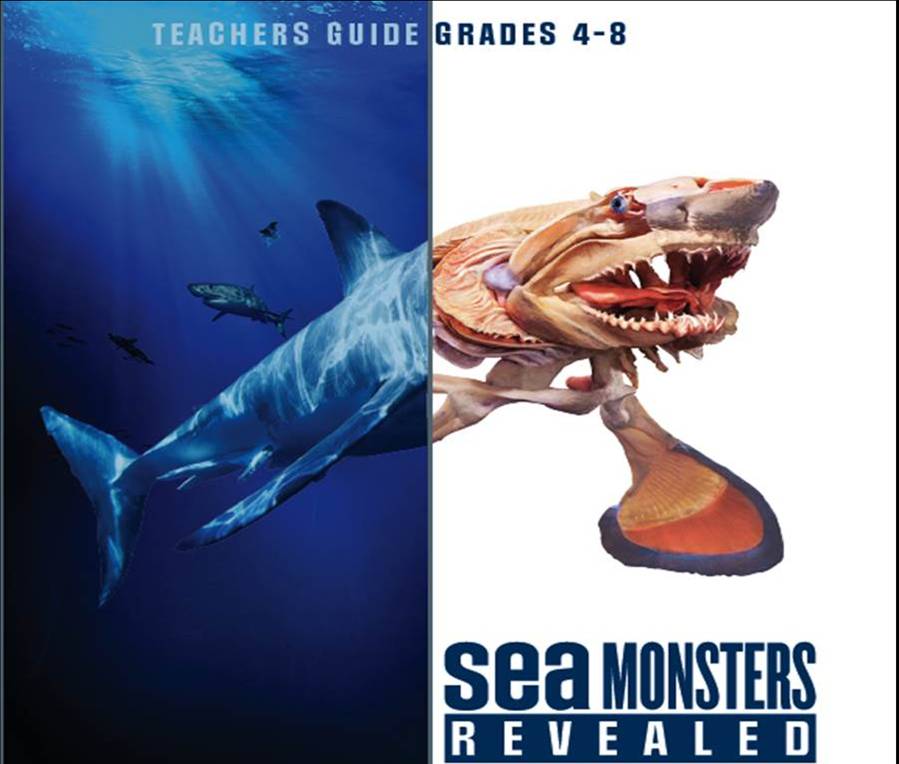The Ocean Technology Foundation’s search for the Bonhomme Richard has been led by Melissa Ryan, President of MMC, since the project’s inception in 2005.
She manages all aspects of this multi-year, multi-national search for this historic wreck, which was the flagship of U.S. Naval hero John Paul Jones. She liaises with U.S., French, and British Navies as well as academia and private industry to establish partnerships and technology transfer opportunities. She also interfaces with U.S. and foreign Embassy staff and other high-level government officials in order to facilitate operations in foreign countries.
Over the years, the search has applied technologies such as Autonomous Underwater Vehicles, Remotely Operated Vehicles, magnetometers, side scan sonars, P3 Orion aircraft, the US Navy’s Submarine NR1, and deep sea divers. View the blog for more detail on this thrilling maritime quest. It is likely the most comprehensive marine archaeological survey being conducted, with more than 500 U.S. and French Navy personnel having participated in twelve expeditions, and hundreds more people working shoreside to make it all happen.
For more information, please visit the Bonhomme Richard Project website. Two recent publications are available here.







